Lead
Analysis
Uzor Maxim Uzoatu
There was the promise by Asiwaju Bola Ahmed Tinubu during the campaigns that he would hit the ground running once elected as Nigeria’s President. He has thus far officially announced his first set of appointees as the President of the Federal Republic of Nigeria and Commander-in-Chief of the Armed Forces.
He announced the appointment of the Speaker of the House of Representatives, Rt. Hon. Femi Gbajabiamila as his Chief of Staff (CoS) in Abuja. He also appointed the former Deputy Governor of Jigawa State, Ibrahim Hassan Hadejia as the Deputy Chief of Staff (DCoS).
The President equally named George Akume, the former Governor of Benue State and the immediate past Minister of Special Duties, as the Secretary to the Government of the Federation (SGF).
Tinubu had on April 28 appointed Lieutenant-Colonel Nurudeen Alowonle Yusuf, the son of the monarch, Oba Yusuf Omokanye Oyekanmi, the Elemona of Ilemona in the Oyun Local Government Area of Kwara State, as his Aide-de-Camp. Yusuf was appointed by Tinubu ahead of his inauguration on May 29. Yusuf resumed official duties on Monday, May 1, 2023. Yusuf had previously served in sensitive roles in the Presidential Villa during the administration of former President Goodluck Jonathan.
The Senate has approved Tinubu’s request for the appointment of 20 Special Advisers whose names were not read out.
It is noteworthy that President Tinubu has been somewhat cautious in making his appointments. This is understandable given the fractious nature of his coming to power. Nobody can deny that Nigeria is more divided than ever. For one thing, this is the first time a Muslim-Muslim ticket is superintending over a democratic Nigeria. The Muslim-Muslim ticket of Chief MKO Abiola had been aborted back in 1993 before it could ascend the ship of state.
The Tinubu presidency has not been helped one bit by the controversies that attended his declaration by the Independent National Electoral Commission (INEC). The cases are still in court, and are therefore sub-judice.
It suffices to stress that when the first two citizens of the country are Muslims there would be the need to appoint Christians and other faiths for the government to have a semblance of balance. The election of a Senate President is on the front burner of putting forth a marker on balancing the administration.
One of the major criticisms of Tinubu’s predecessor, Major-General Muhammadu Buhari was that the man from Daura ran a nepotistic regime that paid no heed at all to the country’s diversity. Tinubu cannot afford to go the condemned way of Buhari. It is thus incumbent on Tinubu to give his administration a measure of balance from the very beginning.
There are crippling centres of discomfort around Tinubu such as his daughter, Folasade Tinubu-Ojo, proclaiming herself the First Daughter of the Federal Republic of Nigeria! She equally addresses herself as the Iyaloja-General of Nigeria! These are distractions Tinubu can ill-afford in his superintendence over Nigeria.
As Tinubu forges ahead with healing the nation through the requisite balancing act of his appointments, he should avoid making statements such as Buhari who saddled himself with a bloomer while visiting the United States, thusly: “I hope you have a copy of the election results. The constituents, for example, gave me 97 percent cannot in all honesty be treated on some issues with constituencies that gave me 5 percent.”
It is expected of a president, once elected, to serve as the father of all Nigerians instead of placing his minions over others. Buhari never recovered from the perception of seeing his government as warped before it petered out unceremoniously.
In appointing Akume as SGF, Tinubu has somewhat appeased the Christians of the North-Central Zone and served up a wicket against the charge of any Islamization agenda. According to his schedule, the SGF’s office serves as the frontline advisory institution to the office of the president, monitors and coordinates the implementation of government policies and programmes in line with the programmes of the ruling government, ensures harmonization in the policies of the government, and evaluates the performance of the ministers and permanent secretary on behalf of Mr. President.
There are 21 federal agencies and six offices under the charge of the SGF. Each of the six offices is run and managed like a ministry, and they are headed by a permanent secretary. The agencies being supervised by the SGF are the Federal Road Safety Corps; Nigerian Christian Pilgrims Commission; National Energy Council; National Hajj Commission of Nigeria; National Lottery Trust Fund; National Agency for the Control of AIDS; Nigeria National Merit Award; National Lottery Regulatory Commission; Bureau of Public Enterprises; Nigeria Atomic Energy Commission; New Partnership for African Development; National Commission for Refugees; ServiCom; Federal Character Commission; Revenue, Mobilization, Allocation & Fiscal Commission (RMAFC); Nigerian Extractive Industries Transparency Initiative (NEITI); Infrastructure Concession Regulatory Commission (ICRC); National Salaries, Incomes and Wages Commission; National Pension Commission and Border Communities Development Agency.
The six offices that will be under SGF Akume are Special Duties Office, Cabinet Affairs Office, Special Services Office, Ecological Fund Office, General Services Office, and Political and Economic Affairs Office.
The overarching point is that in appointing Akume as SGF, Tinubu has scored a major point in balancing his government.
The expectation is that President Tinubu will go the distance of making sure that diversity of Nigeria comes to full play in his government via his appointments into the multiform offices.


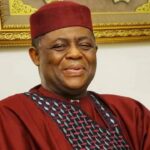
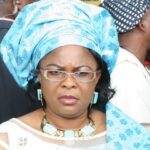
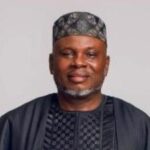
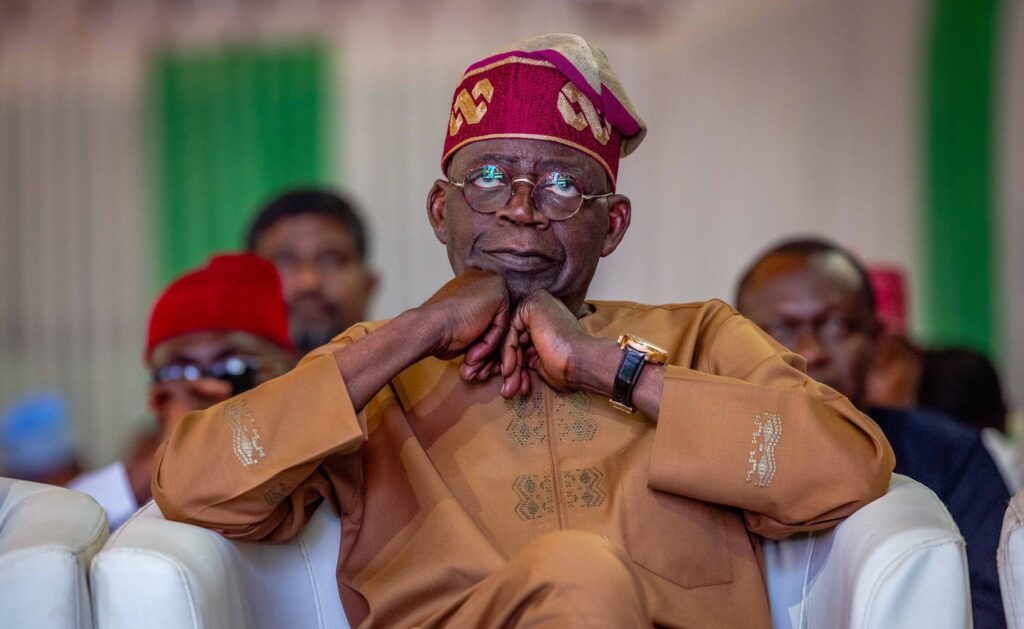
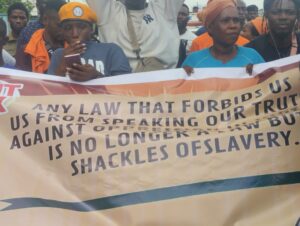

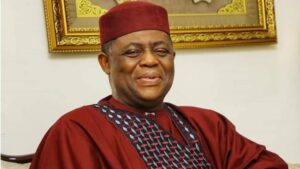
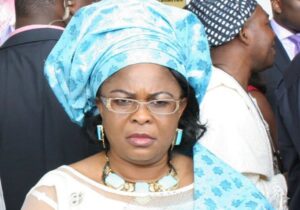
More Stories
Nicholas Ukachukwu clinches APC gov ticket
Abure loses out as Supreme Court nullifies his recognition as Labour Party National Chairman
Natasha insists on visit to Kogi amid governor’s ban on public gathering